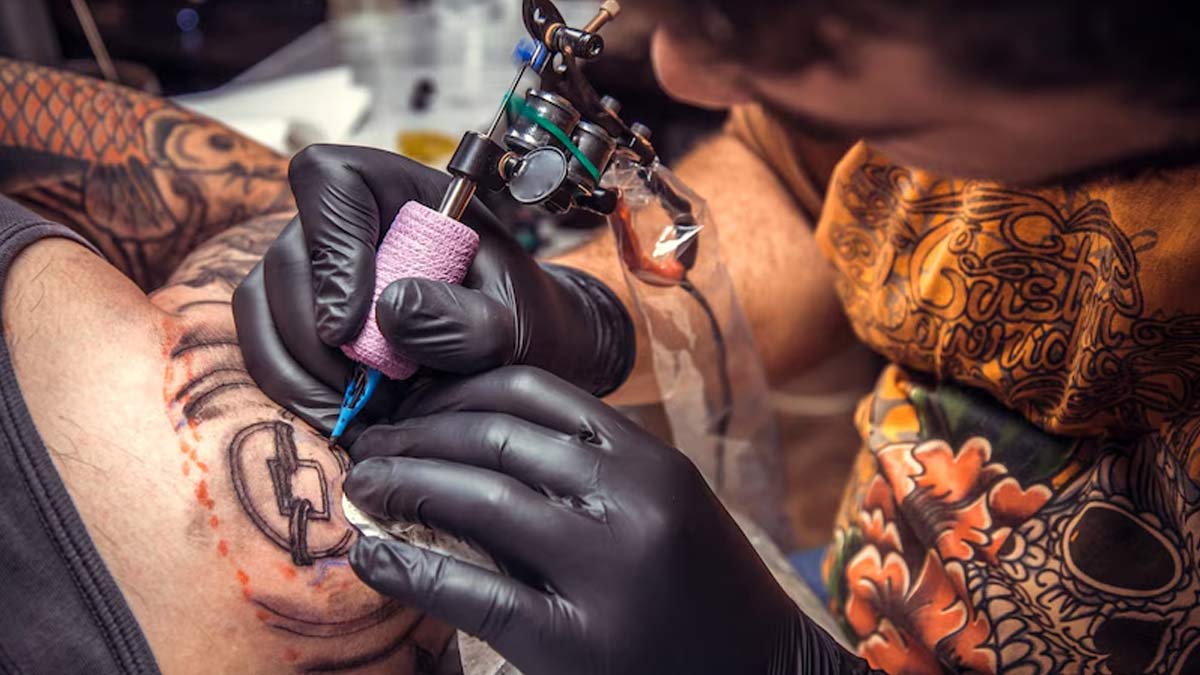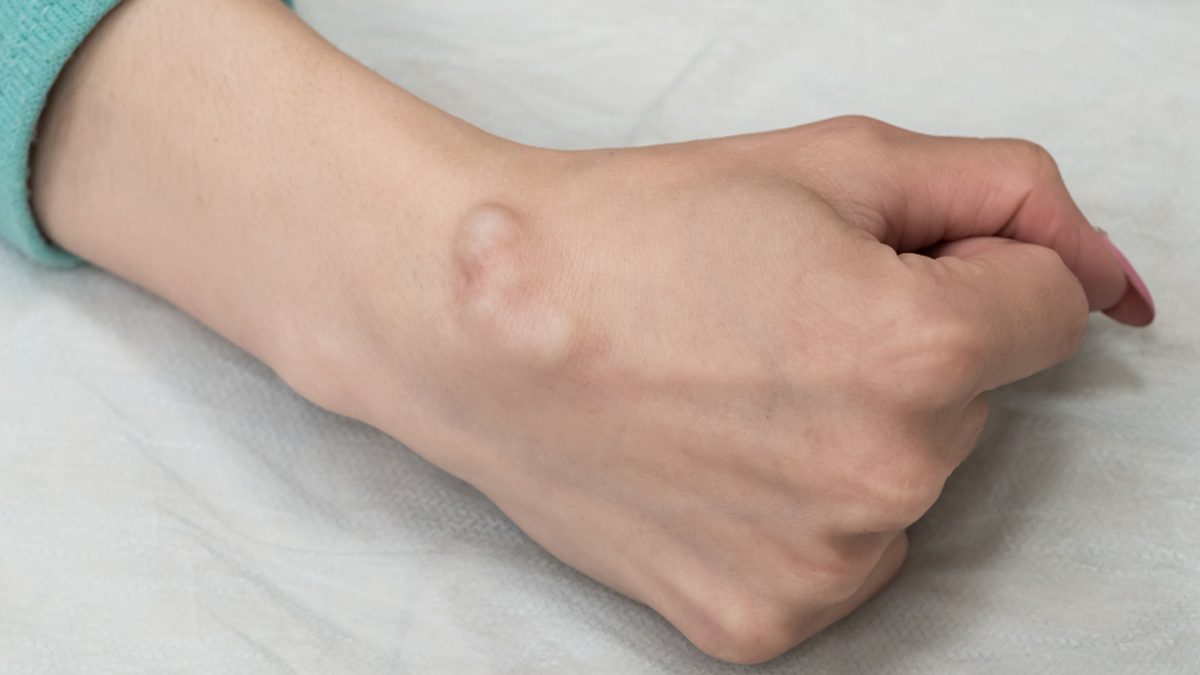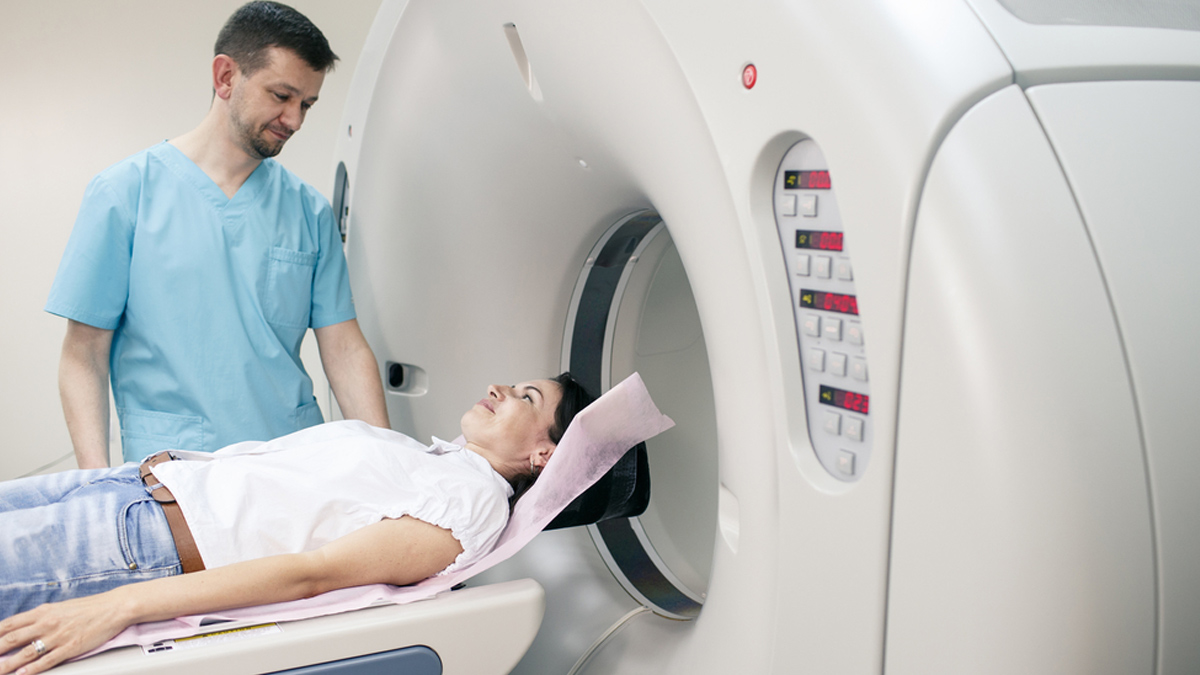
Tattoos, once a symbol of rebellion and subculture, have now entered the mainstream, decorating the skin of people from all walks of life. They can be a beautiful expression of art, a meaningful tribute, or a bold statement. However, they do not come without risks.
Table of Content:-
While the majority of tattoos heal without incident, it’s important to understand the possible dangers associated with this permanent form of body art. From infections and allergic reactions to more severe complications like skin tumours, being informed is the first step towards making a safe and healthy choice. Here, we delve into five dangerous effects of tattoos that everyone should consider before getting inked.
1. Skin Infections and Viral Risks

One of the most immediate dangers of getting a tattoo is the risk of skin infections. The process involves piercing the skin with needles to inject ink, creating small wounds that, as per studies, can become infected if not properly cared for. Common symptoms of infection include redness, swelling, pain, and pus. In severe cases, infections can lead to more serious complications, such as cellulitis or even sepsis.
Moreover, studies have also stated that tattoos can pose a risk for viral infections. If the tattoo equipment is not properly sterilised, there is a chance of transmitting bloodborne viruses like hepatitis B, hepatitis C, and HIV. These are serious infections that can have long-term health consequences. It’s crucial to ensure that your tattoo artist uses single-use, disposable needles and follows strict hygiene protocols.
2. Allergic Reactions
Tattoo ink contains various substances, some of which can trigger allergic reactions. Allergies to tattoo ink are not common, but they can occur, especially with certain colours. Red ink is known to cause more allergic reactions than other colours. Symptoms of an allergic reaction can include itching, redness, swelling, and the formation of rashes or blisters at the tattoo site. These reactions can occur immediately after getting the tattoo or even years later. If you have a history of skin allergies or sensitive skin, it’s important to discuss this with your tattoo artist and perhaps perform a patch test before proceeding with a full tattoo.
Also read: Tattoos May Increase Malignant Lymphoma Risk by 21%, Reveals Study
3. Skin Tumours

Though rare, studies have shown there have been cases where tattoos have been linked to the development of skin tumours. Both benign (non-cancerous) and malignant (cancerous) growths have been reported in tattooed skin. The exact cause is not well understood, but it is believed that certain chemicals in the ink or the physical trauma to the skin might play a role.
One type of benign tumour that can form is a granuloma, which is an inflammatory response to the ink. In more concerning cases, malignant melanoma, a type of skin cancer, has been found to develop in tattooed areas. It’s essential to monitor your tattoos and consult a dermatologist if you notice any unusual changes, such as new growths or changes in the colour or texture of the tattooed skin.
4. Keloid Formation
Keloids are raised, thickened areas of skin that form at the site of an injury or incision. Some people are prone to developing keloids, and getting a tattoo can trigger their formation. Keloids can be larger than the original tattoo and may cause discomfort or itchiness. If you have a history of keloids, it’s important to discuss this with your tattoo artist before getting a tattoo. They might be able to suggest alternative designs or placement to minimise the risk. In some cases, it might be advisable to avoid tattoos altogether if you are highly prone to keloid formation.
5. MRI Complications

Although rare, tattoos can interfere with magnetic resonance imaging (MRI) scans. Some tattoo inks contain metals that can cause the tattooed skin to heat up during an MRI, leading to discomfort or even burns. Additionally, tattoos can sometimes distort the quality of the MRI images, making it harder for doctors to interpret the results accurately. If you have tattoos and need an MRI, inform the radiologist or technician beforehand. They can take precautions to ensure your safety and obtain the best possible images.
Also read: Is It Safe For People With Psoriasis To Get Tattoos?
Conclusion
While tattoos are a popular form of self-expression, it’s important to be aware of the potential risks involved. Skin infections, allergic reactions, skin tumours, keloid formation, and MRI complications are some of the dangers associated with tattoos. By choosing a reputable tattoo artist, following proper aftercare instructions, and staying informed about potential risks, you can minimise these dangers and enjoy your tattoo safely. Always consult with healthcare professionals if you have any concerns before or after getting a tattoo.
Also watch this video
How we keep this article up to date:
We work with experts and keep a close eye on the latest in health and wellness. Whenever there is a new research or helpful information, we update our articles with accurate and useful advice.
Current Version